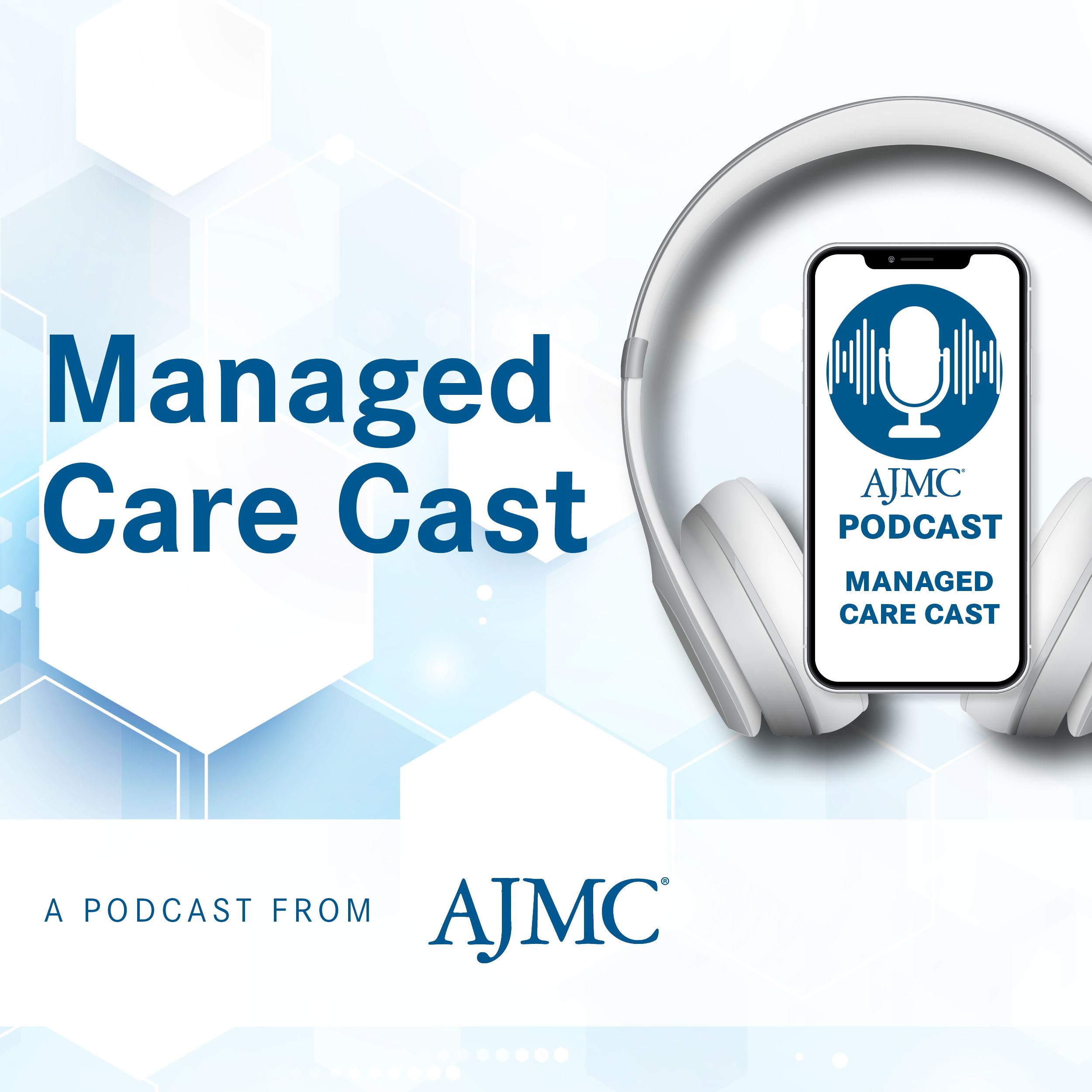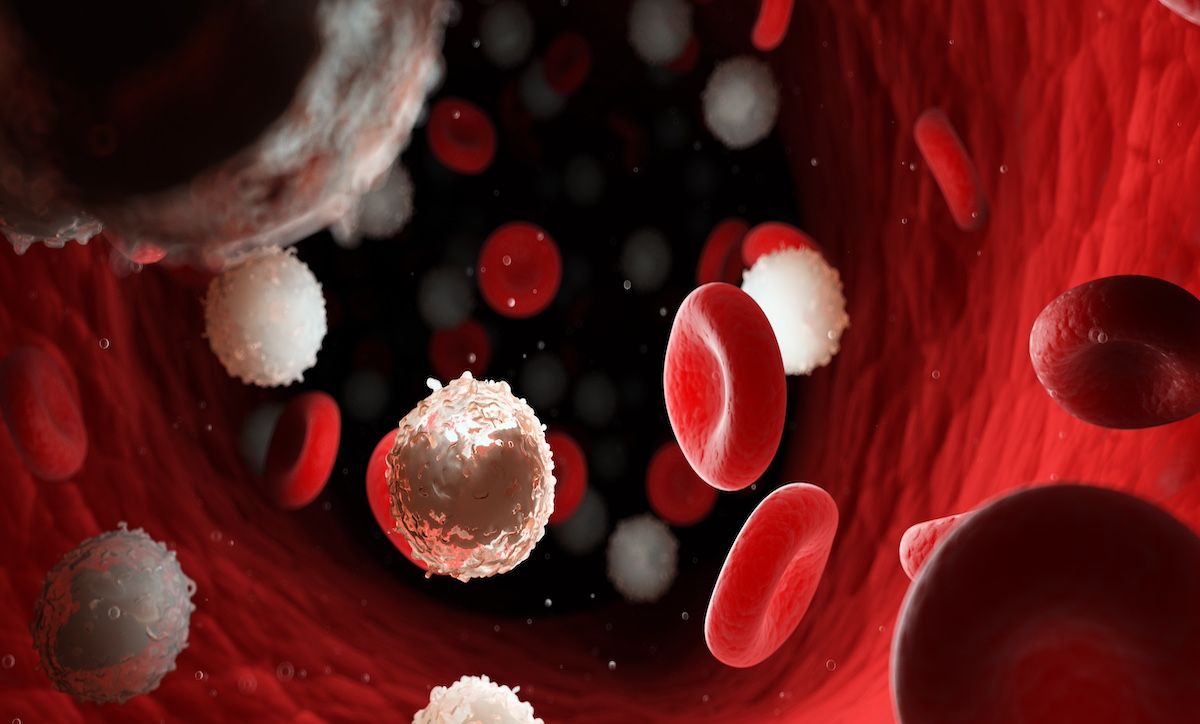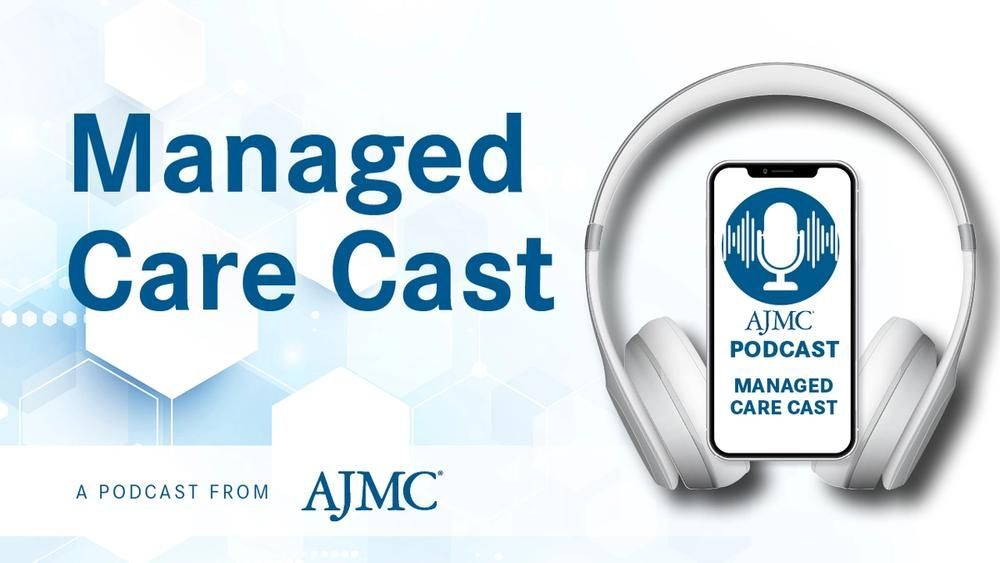Article
CDC, FDA Call for Pause of J&J COVID-19 Vaccine After Safety Concerns Around Clotting
Author(s):
After cases of rare and severe blood clots led to 1 death and 1 hospitalization, the CDC and FDA will pause the use of Johnson & Johnson's (J&J) COVID-19 vaccine.
The FDA and the CDC will pause the use of Johnson & Johnson’s (J&J) single-dose COVID-19 vaccine at federal sites as they investigate safety issues. The agencies have also urged states to follow suit.
There have been reports of cerebral venous sinus thrombosis (CVST) in combination with thrombocytopenia. The disorder causes rare and severe blood clots that are occurring among individuals within 2 weeks of receiving the J&J dose. There have been 6 reports of women between the ages of 18 and 48 developing the disorder. So far, 1 woman has died and a second has been hospitalized in critical condition.
“Right now, I’d like to stress that these events seem to be extremely rare,” Janet Woodcock, MD, acting FDA commissioner, said in a media briefing. “However, COVID-19 vaccine safety is a top priority for the government.”
The CDC is convening the Advisory Committee on Immunization Practices on Wednesday to review the cases, and the FDA will review the analysis as well as investigate the cases.
“Until that process is complete, we are recommending a pause in the use of this vaccine out of an abundance of caution,” Anne Schuchat, MD, principal deputy director of the CDC, and Peter Marks, MD, PhD, director of the FDA’s Center for Biologics Evaluation and Research, said in a joint statement. “This is important, in part, to ensure that the health care provider community is aware of the potential for these adverse events and can plan for proper recognition and management due to the unique treatment required with this type of blood clot.”
Marks added in the media briefing that the decision to halt J&J doses at federal sites was made “out of an abundance of caution.”
Typically, blood clots would be treated with the anticoagulant heparin; however, this therapy may be dangerous with CVST, he explained. When doctors see patients with low platelets or blood clots, they need to ask about the history of vaccination in order to not cause more harm.
While they noted that the adverse events “appear to be extremely rare,” they encouraged individuals to contact their health care provider if they develop severe headache, abdominal pain, leg pain, or shortness of breath within 3 weeks of their J&J dose.
Nearly 7 million doses of the J&J vaccine have been administered in the United States. Prior to the CDC and FDA’s announcement, Georgia, Colorado, and North Carolina had all shut down vaccine sites delivering the J&J vaccine after people reported adverse reactions ranging from dizziness and nausea to fainting.
In a statement, Jeff Zients, the White House COVID-19 response coordinator, said that the pause is not expected to have a significant impact on the Biden administration’s vaccination plan since the J&J vaccine was less than 5% of recorded shots in the United States. More than 25 million doses of the Pfizer and Moderna vaccines are available each week.
“This is more than enough supply to continue the current pace of vaccinations of 3 million shots per day and meet the President’s goal of 200 million shots by his 100th day in office—and continue on to reach every adult who wants to be vaccinated,” Zients said.
This isn’t the first setback J&J has faced. A batch of 15 million doses was ruined at a Baltimore plant after a mix-up with ingredients. The plant also produces the AstraZeneca COVID-19 vaccine, and the ingredient mix-up destroyed the J&J doses.
In addition, the European Union is reviewing the J&J vaccine related to the blood clot issue. The European Medicines Agency’s (EMA) safety committee was already looking at how AstraZeneca’s COVID-19 vaccine is associated with rare cases of blood clots. The committee determined that “unusual blood clots with low blood platelets should be listed as very rare side effects” of the AstraZeneca vaccine. Similar to the J&J vaccine, most of the AstraZeneca cases “have occurred in women under 60 years of age within 2 weeks of vaccination.”
During the FDA and CDC media briefing, Marks emphasized that of the more than 180 million doses of Moderna and Pfizer/BioNTech vaccines administered in the United States, there have not been any reports of CVST with thrombocytopenia.
People who have appointments to receive the other 2 vaccines should continue to get their doses, Schuchat said. For people who were scheduled to get the J&J dose, they are working to reschedule those appointments for one of the other vaccines.
At this time, there is no definitive cause for the condition, but the probable cause is an immune response that occurs rarely after receiving the vaccine and leads to activation of platelets and rare blood clots, Marks said.
Schuchat added that because the pandemic is still severe with cases rising, the CDC wants to make sure that it makes a recommendation quickly.
Newsletter
Stay ahead of policy, cost, and value—subscribe to AJMC for expert insights at the intersection of clinical care and health economics.





